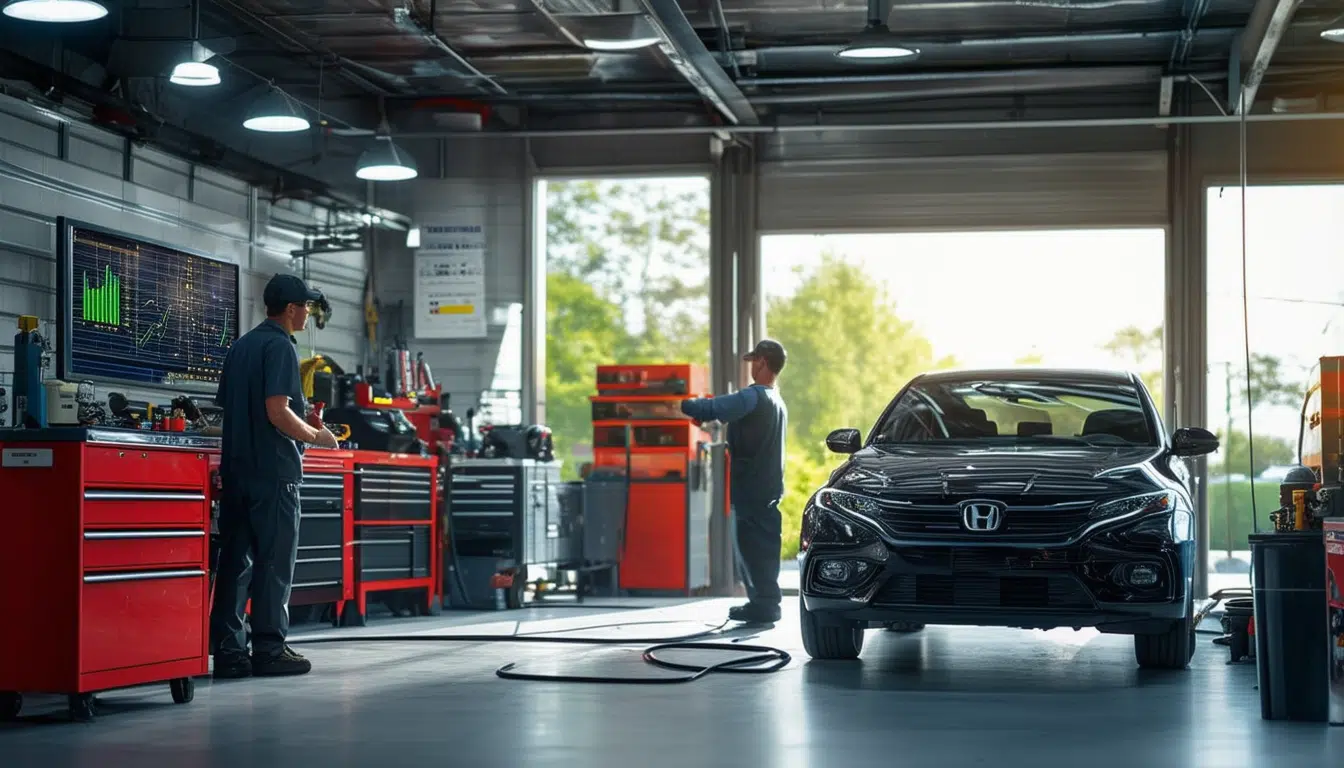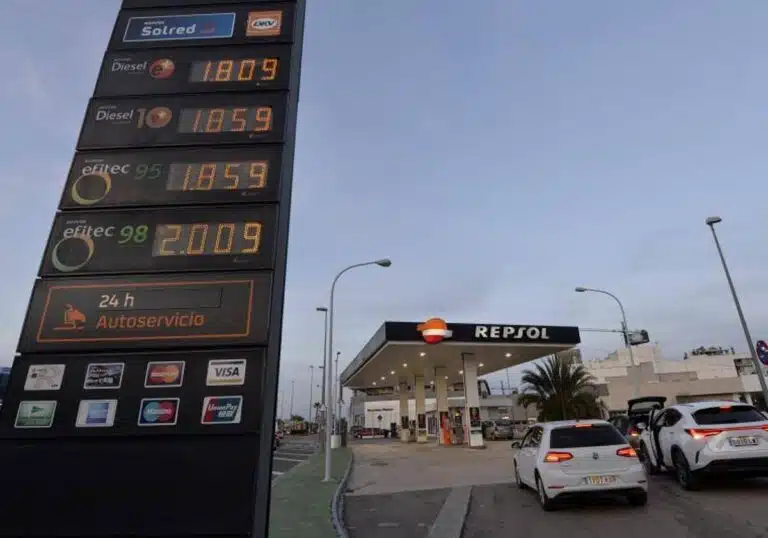How proper maintenance improves long-term fuel economy

The proper maintenance of a vehicle is essential not only to ensure optimal performance but also to improve the fuel economy in the long term. Regular and methodical care can significantly reduce fuel expenses, while extending the lifespan of the engine and preventing costly repairs. By paying attention to essential aspects such as oil changes, the condition of filters, and tire pressure, one achieves an energy efficiency that translates into both economic and environmental benefits. Implementing preventive maintenance practices becomes a key strategy for any car owner looking to optimize their investment and contribute to a more sustainable environment.
The proper maintenance of a vehicle is not only crucial for its performance and safety, but it also plays a vital role in fuel economy. A well-maintained vehicle can result in significant savings over time, by decreasing excessive fuel consumption and prolonging the life of its components. In this article, we will explore the different ways in which regular maintenance can positively impact fuel efficiency.
The importance of preventive maintenance
Performing preventive maintenance regularly is fundamental to ensure that all systems of a vehicle function optimally. This includes oil changes, filter checks, and fuel injection system inspections. An engine that receives periodic attention tends to operate more efficiently, leading to lower fuel consumption. Furthermore, proactive maintenance allows for the identification and resolution of minor issues before they become costly repairs.
The influence of tires on fuel consumption
The condition of the tires has a direct impact on fuel economy. Maintaining the proper pressure and performing alignments and balancing regularly can significantly improve fuel efficiency. A deflated or misaligned tire creates resistance, which can lead to an increase in fuel consumption. Therefore, monitoring and maintaining the tires not only extends their lifespan but also contributes to long-term gasoline savings.
The role of the injection system and filters
The cleaning and maintenance of the injection system is another essential practice to optimize fuel consumption. Dirty or defective injectors can result in inefficient engine operation, leading to higher gasoline expenses. Similarly, regularly changing air filters allows the engine to breathe better, increasing efficiency and reducing fuel use. These small actions can mean a significant change in long-term economy.
Driving efficiently and its maintenance
The style of driving also affects fuel economy. Efficient driving practices, such as avoiding sudden accelerations and maintaining a constant speed, should be complemented with proper vehicle maintenance. An engine that is in good condition responds better to these techniques, resulting in more moderate fuel use. Incorporating responsible driving habits along with regular maintenance maximizes the benefits of both aspects.
The environmental impact of good maintenance
In addition to economic benefits, proper maintenance of the vehicle has a positive impact on the environment. An efficiently functioning engine produces fewer harmful emissions and, therefore, contributes to reducing the carbon footprint. In this way, attention to maintenance not only translates to fuel savings but also reflects a commitment to protecting the environment. The connection between maintenance and environmental health is a compelling argument for investing in these practices.
For more information on how proper maintenance influences fuel economy and sustainability, additional resources such as the influence of a good maintenance routine on fuel expenses and how fuel savings affect your wallet can be consulted.
Proper maintenance of the vehicle is essential to ensure optimal engine performance and, consequently, a better fuel economy. When regular inspections are performed, problems can be identified and corrected before they become costly failures. This includes oil and filter changes as well as verifying tire pressure levels. A well-maintained engine not only becomes more efficient but also extends its lifespan.
Using quality components during maintenance, as well as implementing proper driving practices, can significantly contribute to reducing fuel consumption. For example, keeping tires inflated to the recommended pressure not only improves safety but also reduces rolling resistance, which results in less fuel wear.
Similarly, regular cleaning of the injection system and the use of quality additives are practices that can increase fuel efficiency. A clean and well-calibrated injection system allows for optimal combustion, which translates to noticeable savings on each trip. Therefore, a proactive approach to maintenance can result in lower expenses in the long term, not only in gasoline but also in future mechanical services.
Moreover, the connection between preventive maintenance and the reduction of harmful emissions should not be underestimated. A well-maintained vehicle contributes to a cleaner environment, thus helping to meet increasingly demanding ecological standards. All this demonstrates that investing in proper vehicle maintenance is not only a smart financial decision but also an environmental responsibility.




